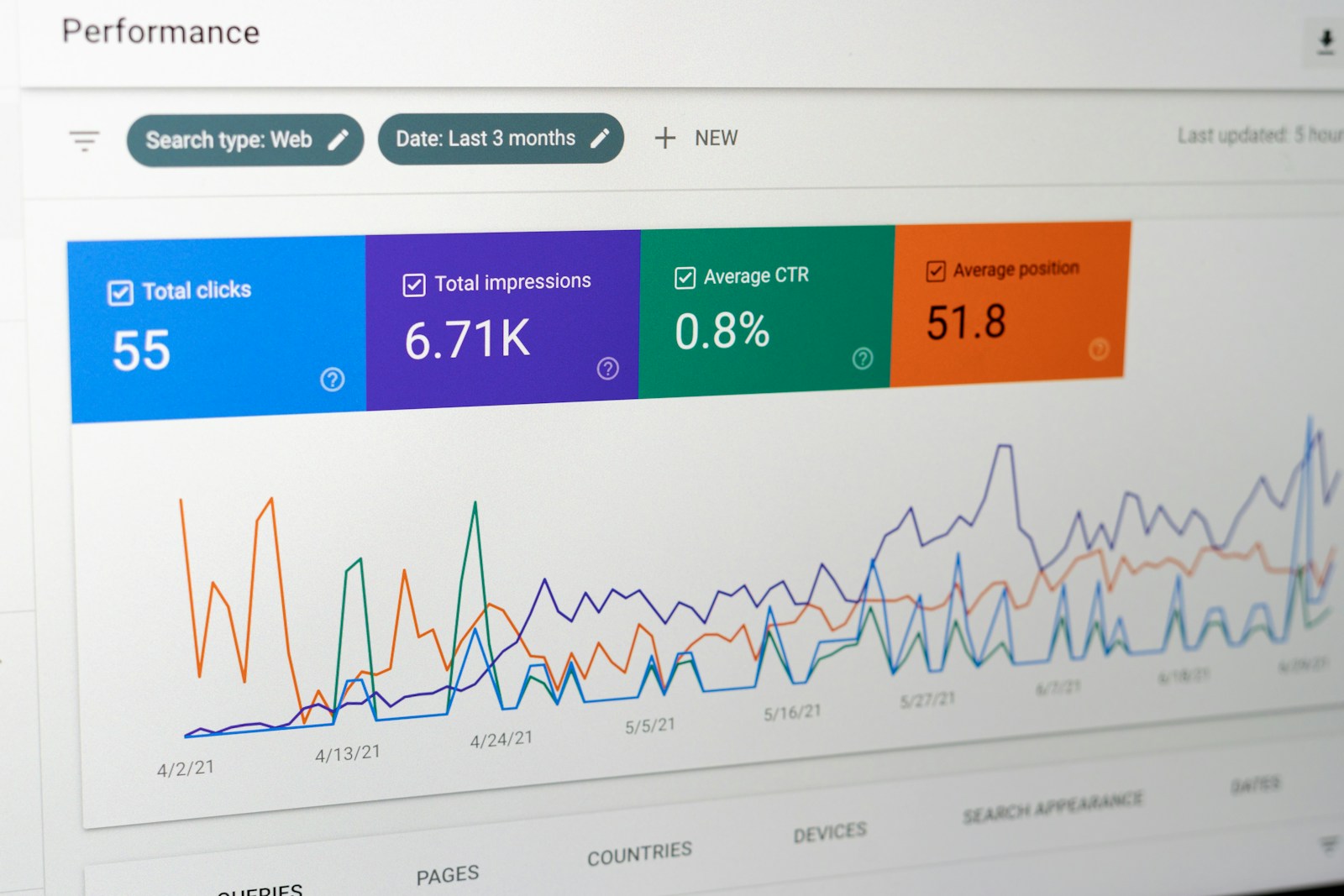
平均
píng jūn

average
The Chinese word '平均' translates to 'average' in English. It is most commonly used to indicate the mean of a set of values, or express the concept of something being intermediate or mean. Like in English, it can be used in various contexts such as mathematics, when assessing a rating or grade or describing characteristics or qualities.
Example sentences using: 平均
他们的平均年龄是40岁
Tāmen de píngjūn niánlíng shì 40 suì

Their average age is 40 years old.
This sentence signifies the mean age of a certain group of people.
我的平均成绩是85分
Wǒ de píngjūn chéngjī shì 85 fēn

My average score is 85 points.
This phrase is used to express the average of one's grades in an examination or course.
平均每天我学习两个小时
Píngjūn měitiān wǒ xuéxí liǎng gè xiǎoshí

On average, I study for two hours every day.
This sentence is talking about a daily average amount of time spent on studying.
我们公司平均月收入是八万美元
Wǒmen gōngsī píngjūn yuè shōurù shì bā wàn měiyuán

Our company's average monthly income is 80,000 US dollars.
This phrase is used to describe the monthly average income of a company.
平均每人分到了五个苹果
Píngjūn měi rén fēn dàole wǔ gè píngguǒ

On average, each person got five apples.
This sentence is describing a situation where the total number of apples were equally distributed among a group of people.
平均工资水平上升了
Píngjūn gōngzī shuǐpíng shàngshēngle

The average wage level has risen.
This phrase is used to express an increment in the overall average wages.
这个班的平均身高是1.68米
Zhège bān de píngjūn shēngāo shì 1.68 mǐ

The average height of this class is 1.68 meters.
This sentence is describing the average height of the people in a specific class or group.
平均每月我花费三百元
Píngjūn měi yuè wǒ huāfèi sān bǎi yuán

I spend 300 yuan on average each month.
This sentence is expressing a monthly average amount of expenditure.
平均我们每个星期去一次电影院
Píngjūn wǒmen měi gè xīngqī qù yīcì diànyǐngyuàn

We go to the cinema once a week on average.
This phrase is used to talk about an average frequency of visiting the cinema.
平均跑步速度是每小时十公里
Píngjūn pǎobù sùdù shì měi xiǎoshí shí gōnglǐ

The average running speed is ten kilometers per hour.
This phrase denotes the average speed at which someone runs.